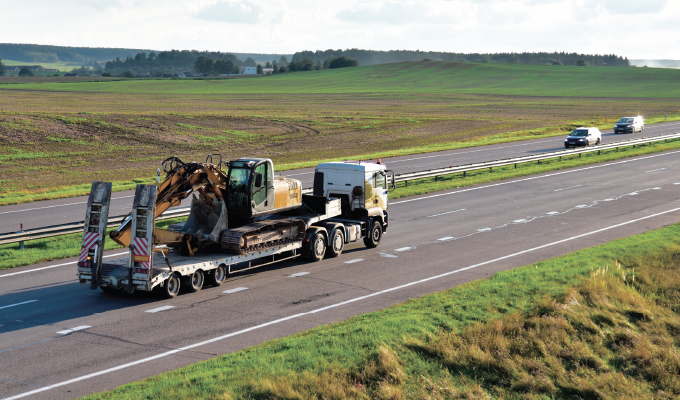By Karen J. Poist, CPA, and Kimberley D. Tarnakow, CPA
As the nation has become more mobile, many construction companies now do business across the country. Even smaller companies have projects in multiple states. Working across state lines generate new compliance issues and can be very complicated. State rules and regulations vary amongst states and can be detrimental to your bottom line if not considered in the bid process. Although most companies comply with state and local registrations, are you complying with the tax side of things?
SALES TAX: PROJECT MATERIALS
Construction projects require materials and states can treat a contractor as either the consumer of materials or a retailer of materials. In the states that view them as retailers, contractors will purchase materials tax free for resale and will charge sales tax to the consumer. Other states treat construction contractors as the consumers of the materials and the contractor will pay sales tax at the time of purchase. For purposes of this discussion, we will look at the states that treat a contractor as the consumer of the materials.
When a contractor purchases material and consumes them in the same state, sales tax is paid at the time of purchase and the company is generally compliant. Complexity begins when sales tax on materials is paid in the purchase state, and the materials are consumed in a different state. Some states provide an exemption for purchases of materials that are to be used for out of state consumption. If so, it is very important to understand the process for obtaining and using those exemptions. Note that use tax will still generally be due to the state where the materials are being consumed.
Where an exemption for sales tax is not allowed on materials for out of state jobs, the contractor will pay sales tax on the materials where purchased and potentially use tax where the materials are consumed. This may result in the contractor having to pay sales tax in one state and use tax in another state on the same materials. Fortunately, some states will not assess any use tax if the sales tax paid to the purchase state is equal to or exceeds the use tax to be paid in the consumption state. However, if the sales tax paid in the purchase state is less than the use tax to be paid in the consumption state, then use tax is due only to the extent of the difference between the sales tax paid and the use tax due. Other states will allow a reciprocal use tax credit. This is a credit allowed up to the amount of any sales tax paid to another state. Maintain documents on sales tax paid in the purchase state as this information is needed and used to substantiate and determine any use tax due and credits to be taken.
SALES TAX: EQUIPMENT
Generally, construction equipment is subject to sales or use tax at the time of purchase. When construction equipment is being moved across state lines or local jurisdictions, it may be subject to use tax in those states and cities. This happens when a state’s sales tax rate or city sales tax rate exceeds the sales tax paid at the time of purchase. Use tax would be due based on the cost of the equipment and the sales tax rate differentials. Usually, if the sales tax rate is lower than the sales tax rate paid, no use tax is due. Some states will also offer a credit for tax paid to another state. Additionally, if the equipment has been used in a state and then subsequently brought into another state, some states will assess use tax on the fair market value or net book value of the equipment at the time it enters the state.
AD VALOREM (PERSONAL PROPERTY TAX)
Many states or local jurisdictions have ad valorem or personal property taxes, which are assessed for the privilege of having and using property in the state. When using equipment in another state, be aware of that state’s rules. The “assessment date” is the date in which property in the state is subject to personal property tax. If there is equipment in the state at the assessment date, personal property tax will be due on the equipment. States will have different assessment and filing dates, exemptions, and methods of calculation. When using equipment in another state for a construction job, check if there is a personal property tax requirement in that state. Be aware of the assessment and filing dates.
CLOSING THOUGHT
Expanding your business into new states can be challenging. Before entering another state, take the necessary precautions and be proactive in multi-state tax issues. Taxes are a cost of doing business and need to be taken into consideration. Failure to comply with state and local tax laws can be costly and could result in the revocation of a contractor’s license. There are many resources available to contractors. The Construction Financial Management Association (CFMA), the state’s construction association, or each state’s Department of Revenue website can provide valuable information. Consult with a CPA to be sure you are compliant.
About the author:
Karen J. Poist, CPA, is SALT director with Stambaugh Ness. She can be reached at kpoist@stambaughness.com. Kimberley D. Tarnakow, CPA, is senior manager with Stambaugh Ness. She can be reached at ktarnakow@stambaughness.com.
Modern Contractor Solutions, March 2021
Did you enjoy this article?
Subscribe to the FREE Digital Edition of Modern Contractor Solutions magazine.



